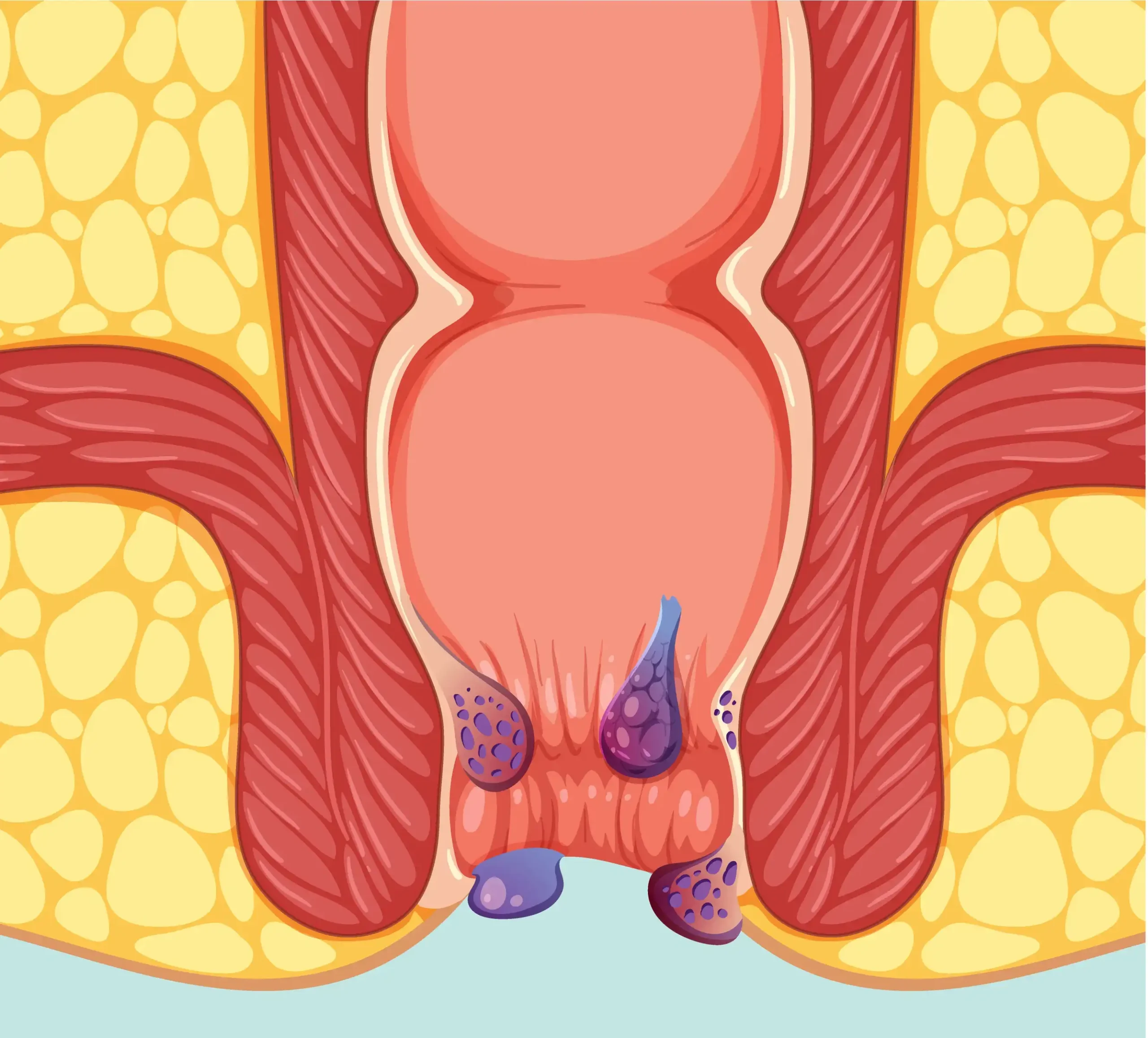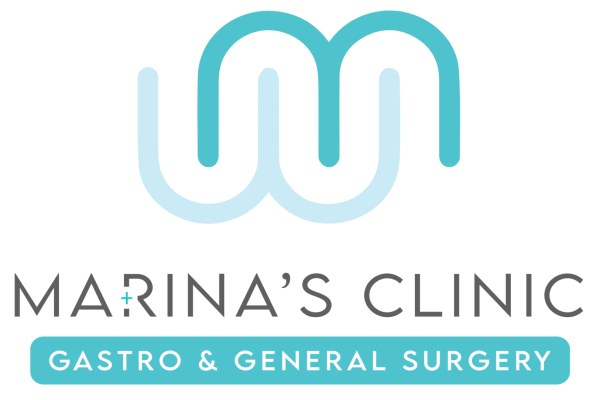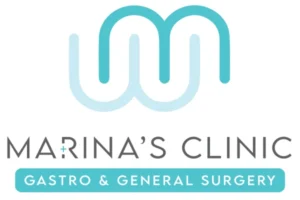Fissure Q&A: Top Questions

Living with an anal fissure can be an uncomfortable and often painful experience. Yet, it’s a common condition that many people face. To shed light on this issue, we turn to Dr. Peerthi Mrinalini, widely regarded as the best female surgeon in Chennai, for her expert insights. At Marinas Clinic, she has helped countless patients find relief and healing. In this blog, we answer some of the most frequently asked questions about anal fissures with Dr. Mrinalini’s expertise guiding us.
What is an Anal Fissure?
An anal fissure is a small tear in the lining of the anus, which can cause pain and bleeding during bowel movements. The condition is often confused with hemorrhoids but is distinct and requires specific treatments. Dr. Peerthi Mrinalini explains, “An anal fissure typically results from trauma to the anal canal, which can occur during the passage of large or hard stools, chronic diarrhea, or inflammatory conditions of the intestines.”
What Are the Common Symptoms?
The primary symptom of an anal fissure is sharp pain during and after bowel movements. Other symptoms include:
- Bright red blood on the stool or toilet paper
- Itching or irritation around the anus
- A visible crack or tear in the skin around the anus
- A small lump or skin tag near the fissure
Dr. Mrinalini notes, “If you’re experiencing these symptoms, it’s essential to seek medical advice promptly to prevent complications and start effective treatment.”
What Causes Anal Fissures?
Several factors can lead to the development of anal fissures. Dr. Peerthi Mrinalini outlines the most common causes:
- Constipation: Straining during bowel movements can cause tears.
- Diarrhea: Frequent loose stools can irritate the anal lining.
- Childbirth: Women may develop fissures due to the strain of delivery.
- Inflammatory Bowel Disease (IBD): Conditions like Crohn’s disease can increase susceptibility.
- Anal Intercourse: Trauma from anal sex can cause fissures.
How Are Anal Fissures Diagnosed?
Diagnosis typically involves a physical examination. Dr. Mrinalini explains, “During a consultation at Marinas Clinic, we conduct a gentle examination of the anal region. In some cases, additional tests such as an anoscopy or sigmoidoscopy might be necessary to rule out other conditions.”
What Are the Treatment Options?
Treatment for anal fissures can vary based on the severity and duration of the condition. Dr. Peerthi Mrinalini offers a range of treatments at Marinas Clinic:
1.Conservative Treatments:
- Dietary Changes: Increasing fiber intake and hydration can soften stools.
- Topical Medications: Numbing creams and ointments can reduce pain and promote healing.
- Sitz Baths: Warm water baths can soothe the area and improve blood flow.
2.Medical Treatments:
- Nitrate Ointments: These relax the anal sphincter to reduce pain and aid healing.
- Calcium Channel Blockers: Applied topically, these can also relax the sphincter muscles.
3.Surgical Treatments:
- Lateral Internal Sphincterotomy (LIS): This procedure involves cutting a small portion of the anal sphincter muscle to reduce spasm and pain, promoting healing. Dr. Mrinalini emphasizes, “LIS is highly effective, especially for chronic fissures that haven’t responded to other treatments.”
Can Anal Fissures Be Prevented?
Preventing anal fissures largely involves lifestyle and dietary adjustments. Dr. Mrinalini recommends:
- Maintaining a High-Fiber Diet: This ensures soft, regular stools.
- Staying Hydrated: Adequate water intake prevents constipation.
- Practicing Good Anal Hygiene: Gentle cleansing of the anal area can prevent irritation.
- Avoiding Strain During Bowel Movements: Taking time and not forcing stools can reduce the risk.
When Should You See a Doctor?
“If you experience persistent pain, bleeding, or symptoms that don’t improve with home treatments, it’s crucial to see a healthcare professional,” advises Dr. Peerthi Mrinalini. Ignoring symptoms can lead to complications such as chronic fissures or infections.
Conclusion
Anal fissures, though uncomfortable, can be effectively managed with the right approach and treatment. Under the expert care of Dr. Peerthi Mrinalini at Marinas Clinic, patients receive personalized, compassionate care tailored to their needs. If you or someone you know is struggling with anal fissures, don’t hesitate to reach out for professional help. Early intervention can make a significant difference in achieving relief and preventing chronic issues.
For appointments and consultations, visit Marinas Clinic and take the first step towards a pain-free life.
Recent Posts
-
How to Choose the Right Surgeon for Bariatric Surgery04 Mar 2026
-
Expert Tips for Eating Well After Weight Loss Surgery04 Mar 2026
-
Signs You May Have Vitamin Deficiency and How to Treat It02 Mar 2026
-
The Role of Nutrition in Mental Health: What to Know10 Feb 2026
-
Thyroid Disorders Explained: From Symptoms to Treatment Options in Chennai02 Feb 2026

